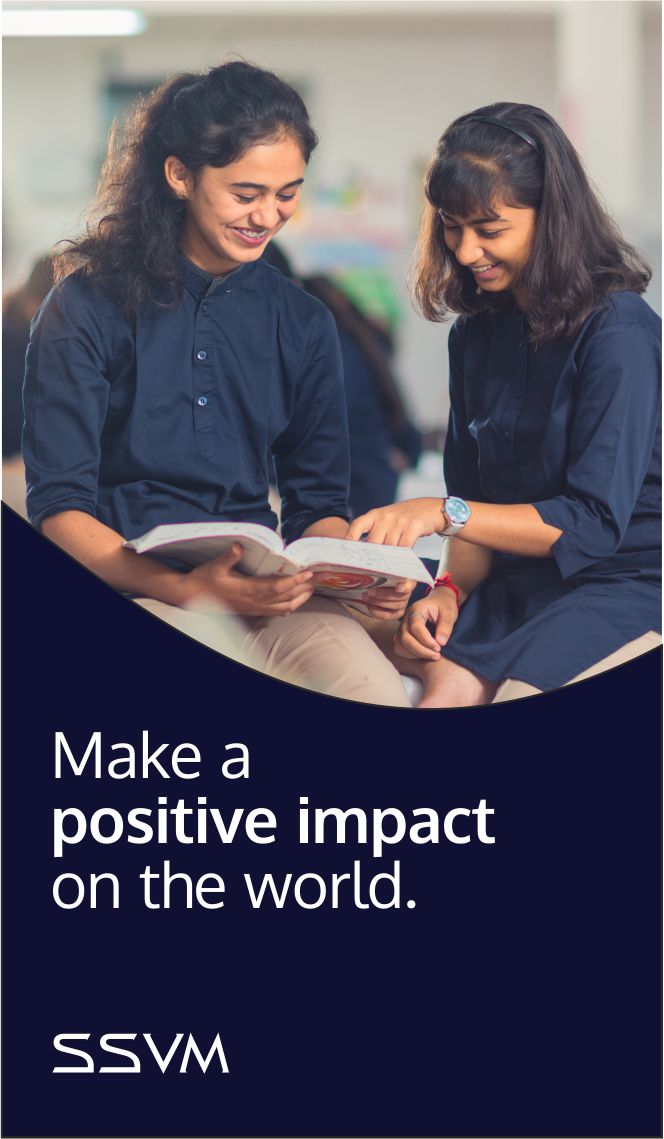In a digitally networked age of information overload, the ability to recognize reliable data from fake news require new literacy skills to empower teachers, among other basics in education, to enable students on how to navigate the digital environment through thoughtful and socially just perspectives.
The critical awareness skills to read, write, and use information, technology and media help distinguish between “alternative facts” from “falsified information” while enabling civic participation and social transformation among students from kindergarten to university levels. Scholars of critical theory, therefore, strongly believe that kids from a young age must be taught to evaluate the online stories they counter regularly. There’s a pressing need for teachers, non-profits and school districts to also design curriculum, apps, and assessments preparing a set of students who become more critically-aware consumers of information.

Role of Technology
Well-meaning technology interventions such as social media and other digital platforms have found a deeper and more long-term synergy in human life. While there are significant benefits of media and technology, it is also true that these platforms are the perfect breeding ground for spreading biased and false information. Unfortunately, negative news is irresistible since they spread faster than accurate stories and people get drawn to fake reporting easily. Kelly Mendoza, senior director for education programs at Common Sense Education, in a recent conversation, said, “We are at a unique moment because when something was on print, it could only spread so far and wide. And now, digitally, information can spread exponentially and it’s really easy to spread something that’s not true.” But, the real-life problem at hand asks a more pertinent question, “Is core technology the only issue? And can it be solved with more advanced fake-news algorithm filters?” According to Richard Hornik, director of overseas partnership programs at the Centre for News Literacy at Stony Brook University, “this is a human problem. This is us.”
Building a fake-news filter mechanism
Experts like Hornik believe that this life-threatening issue can be countered if students are taught about lateral learning skills from a young age. These fundamental skills will include:
- How not to simply consume information but learn to interrogate it before hand
- Art of verifying information before sharing it further
- Ability to reject popularity and rank as a proxy for reliability
- Being cognisant of the fact that the information sender is often not its source
- Be aware and acknowledging of the fact that we all carry implicit prejudices
Critical theory scholars believe that educators must be trained on these basic fact-checking skills and apply the knowledge in classroom set-ups. As one of the best boarding schools of Coimbatore, our teachers go the extra mile to train students to effectively spot fake reporting and make them more aware and responsible netizens of this generation.



